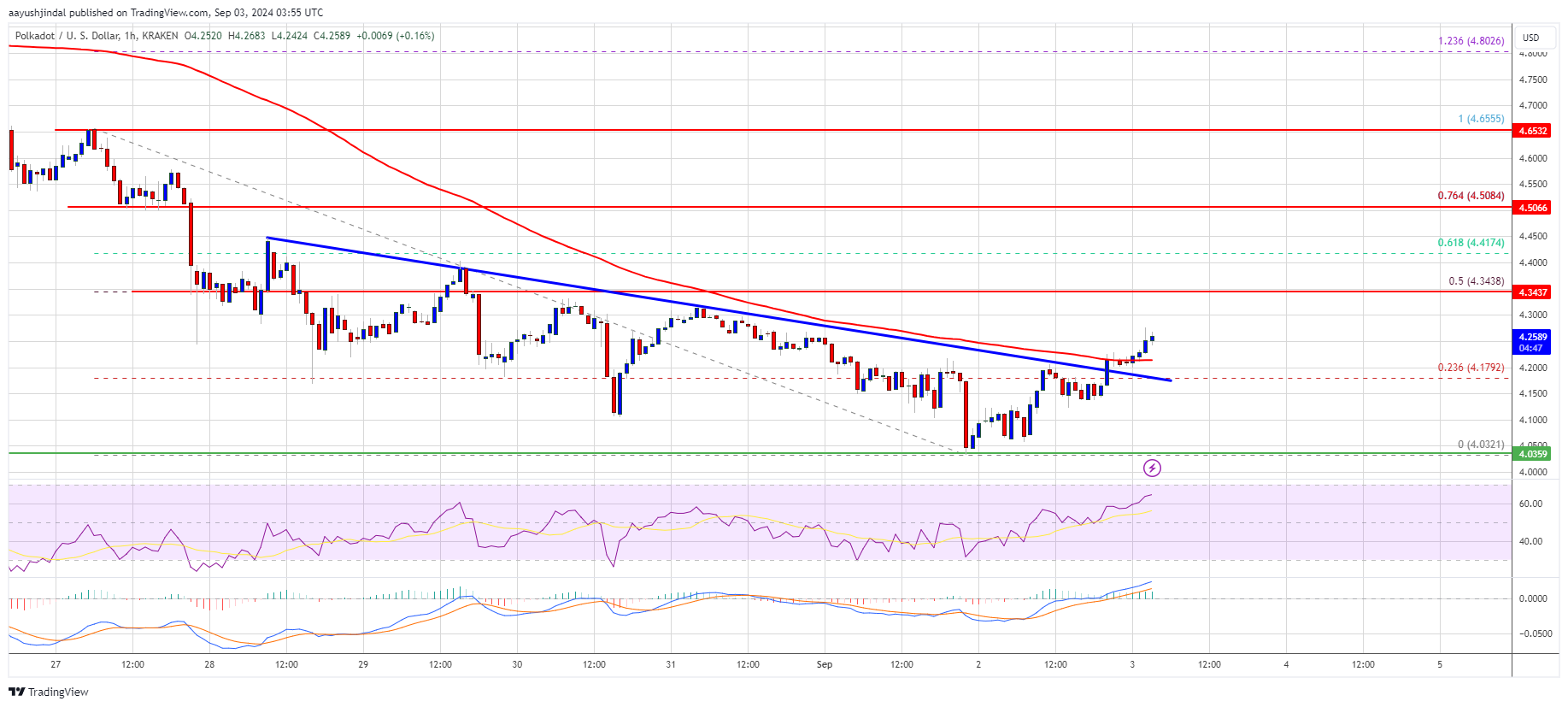Pennsylvania has become the latest stage for a Bitcoin mining drama. A creative, albeit controversial, solution for Bitcoin mining is leveraging energy from tire-burning.
An alternative energy source
Bitcoin mining, the process of verifying digital currency transactions, demands a significant amount of energy, often raising environmental concerns. Given the rising electricity needs for this endeavour, innovators are on a constant lookout for alternative power sources.
As per an article in the British-based Telegraph, a group of Pennsylvanian forward-thinkers is eyeing a tire incineration plant. This facility, previously under scrutiny for its environmental ramifications, is set to be repurposed as a potential energy source for Bitcoin mining. By utilising the immense heat from burning old tires, they propose converting it into energy to power the energy-intensive mining rigs.
Courting controversy
However, this plan isn't devoid of critics. Many express concerns over the already debated environmental impact of the tire-burning plant. Fears abound that the increased usage might exacerbate pollution concerns in the local area. Yet, advocates of the initiative underline the potential economic benefits, citing job creation and the rejuvenation of a facility that would otherwise remain dormant.
This development has put Pennsylvania on the crypto map, but not without sparking a fervent dialogue on the environmental cost of digital currencies. As Bitcoin mining evolves and its electricity demand soars, the industry finds itself at a crossroads: balancing the promise of decentralised finance with its carbon footprint.
Bitcoin mining still needs to be cleaner
While a significant proportion of Bitcoin mining now uses environmentally friendly sources, the fusion of tire incineration with Bitcoin mining in Pennsylvania underlines that the industry still needs a further clean up. While innovation and economic growth beckon, the path ahead must be paved with environmental responsibility.
Disclaimer: This article is provided for informational purposes only. It is not offered or intended to be used as legal, tax, investment, financial, or other advice.





